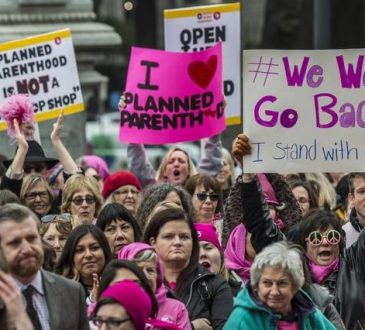
When it comes to hospital pharmacies, there are several essential elements that must be in place to ensure that patients receive safe and effective medication management. These elements range from qualified personnel to state-of-the-art technology and equipment. In this article, we’ll explore the key elements that make up a successful hospital pharmacy.
State-of-the-Art Technology
Another essential element of a hospital pharmacy is having state-of-the-art technology. This includes computerized physician order entry (CPOE) systems, which allow physicians to enter medication orders directly into the system, reducing the risk of errors associated with handwritten orders. In addition, automated dispensing systems (ADS) can help ensure that the right medication is dispensed to the right patient at the right time.
Barcode technology can be used to verify that the right medication is given to the right patient and that the medication is properly documented in the patient’s medical record. Don’t forget about compounding machine too! Every machine is crucial!
Qualified Personnel
One of the most important elements of a hospital pharmacy is having qualified personnel. This includes pharmacists who have completed a Doctor of Pharmacy (PharmD) degree and have obtained their license to practice. In addition, the pharmacy staff should include pharmacy technicians who have completed a formal training program and are certified by the Pharmacy Technician Certification Board (PTCB). These individuals work together to ensure that patients receive accurate and timely medication management.
Effective Medication Management
Effective medication management is another critical element of a hospital pharmacy. This includes processes for medication ordering, dispensing, administration, and monitoring. The pharmacy staff must work closely with the healthcare team to ensure that the right medication is prescribed, dispensed, and administered in the correct dose, route, and frequency. They must also monitor for adverse drug reactions, drug interactions, and medication errors.
Accurate Medication Reconciliation
Accurate medication reconciliation is another important element of a hospital pharmacy. This process involves comparing a patient’s current medication list to the medication orders written by the physician to ensure that there are no discrepancies. This helps to prevent medication errors and ensures that patients receive the right medication at the right time.
Proper Medication Storage and Handling
In addition to ensuring the potency and effectiveness of medications, proper storage and handling are also crucial for patient safety. Medications that are not stored correctly may degrade, lose their potency or even become harmful, leading to serious health consequences. This is particularly important for medications that require specific temperature ranges for storage, such as insulin or vaccines.
In hospitals, where medication errors are unfortunately common, ensuring proper medication labeling, tracking and storage is critical to avoid mistakes and ensure that patients receive the correct medication and dose. Pharmacy staff must also be well-trained in medication handling procedures, including proper hand hygiene, to prevent contamination and cross-contamination.
Medication Education and Counseling
Medication education and counseling are critical components of ensuring that patients receive optimal care and experience positive health outcomes. Patients may have limited knowledge or understanding of their medications, which can result in non-adherence or improper use of medications. Pharmacists and pharmacy staff can bridge this gap by providing clear and concise explanations of the purpose, dosage, and potential side effects of medications. They can also discuss potential drug interactions and offer advice on lifestyle modifications that may improve the effectiveness of the medication.
Pharmacists can provide patient-centered care by taking into account a patient’s unique medical history, preferences, and health goals. For example, they may provide counseling to patients with chronic conditions to help them manage their symptoms and prevent complications. Additionally, pharmacists can work with physicians to optimize medication regimens, ensuring that patients are prescribed the most appropriate medications at the right dose.
Patient education and counseling can also promote patient safety by helping patients recognize potential medication-related problems and seek prompt medical attention if needed. Furthermore, medication education and counseling can lead to increased patient satisfaction and adherence, ultimately improving health outcomes and reducing healthcare costs.
By providing comprehensive medication management services, hospital pharmacies can contribute to improving patient outcomes and reducing healthcare costs. By continuously evaluating and improving processes, hospital pharmacies can ensure that they stay up-to-date with the latest best practices and technologies, ultimately enhancing patient safety and satisfaction. Overall, a hospital pharmacy is an integral part of the healthcare team and plays a vital role in promoting positive health outcomes for patients.
For more visit the article on this website.





